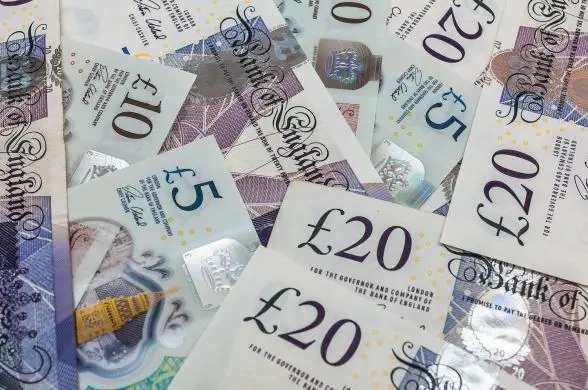Savings rate cuts on the horizon
- by Ellen Ward
- Thu, May 02, 2024
- 5 minute read

The Bank of England Monetary Policy Committee (MPC) continues, for now, to hold the base rate at 5.25% after a run of fourteen consecutive interest rate hikes.
However, inflation is now slowing back toward the Bank of England’s target of 2%. What does this mean for savings rates?
If the bank does cut its main rate, then the savings market will follow suit and likely slash savings account offers. This will have a negative impact on any cash held in these kinds of accounts, particularly if that money is set aside for long-term goals.
The MPC will want to be sure receding inflation is a robust trend before it makes its first cut, but with the UK’s economy at a standstill at best, it is increasingly likely we’re in for a cut in the next few months.
What does that mean for cash?
Savings rates currently higher than usual because inflation has been high too. There is one main lever the Bank of England can pull to combat that inflation: hiking the base rate.
Now that inflation is slowing considerably, the bank is actively considering easing off this lever. This will directly impact the cash savings market as these rates take their lead from the bank’s main policy rate.
Is cash really king?
Cash plays a role in a diversified financial portfolio. Key is ensuring it is being put to the right use and at the appropriate life stage.
Reliance on cash increases in retirement as you start to draw an income from your retirement pot rather than your salary. You may opt to hold some cash in savings and fixed term deposit accounts to meet certain income needs.
Using cash in this way means you don’t have to sell other investments if the market conditions are not favourable at that time.
Likewise, if you know you have a big outlay in the next 12 months, holding cash in an easy access savings account makes sense.
So, cash is definitely ‘king’ when it comes to providing short-term access to the means to cover emergencies and short-term spending needs.
Investing, however, is a much more valuable way to ensure your financial goals are met over the long term.
Holding some cash as part of a wider investment portfolio can give more flexibility in times of market volatility – both in cushioning against potential losses and increasing the opportunity to take advantage of buying unusually cheaper assets, without having to sell first or wait for a sale to complete.
However, ultimately this needs to be just one part of a much wider investment portfolio that is prepared for long-term growth and income generation.
What is the right amount of cash to hold?
There is no one ‘right’ answer. As the question ‘how much cash should I hold in my portfolio?’ sits firmly in the ‘how long is a piece of string?’ camp.
With rates on cash set to fall, minimising your cash requirements is important to ensure your overall portfolio has the best opportunity it can to meet your goals.
Everyone has their own investment goals and timeframes, their own risk tolerances, different income sources – taken together, those factors will determine how much cash is the ‘right’ amount to hold for your personal circumstance.
If in any doubt about how you should be using cash in your portfolio, contact your financial adviser so that you can be safe in the knowledge the cash you hold is indeed at the right level and in the right place for you and your stage in life.




